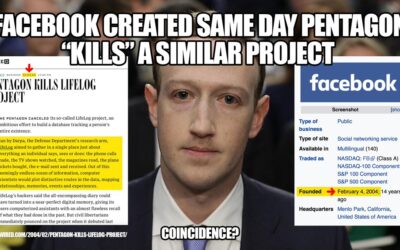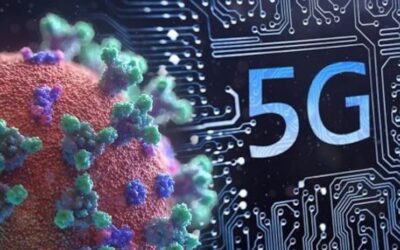The world is changing fast–maybe faster than we ever thought. And within five years, science fiction is going to turn into non-fiction. We’ll be able to read each other’s minds, forget all our passwords, and create all our own homes’ energy.
These are just three of the five predictions IBM announced this morning as part of its annual “5 in 5” prognostication project.
The list is meant to promote long-term work being done under Big Blue’s Smarter Planet initiative–and the company says “5 in 5” already has a track record of success. In 2008, IBM says, it suggested that within five years, consumers would talk to the Web–and the Web would respond.
This time, the predictions are perhaps a bit more fanciful:
- Mind reading is no longer science fiction.
- You will be able to power your home with the energy you create yourself.
- You will never need a password again.
- The digital divide will cease to exist.
- Junk mail will become priority mail.
It would seem the most interesting idea posited by IBM is the one about reading minds. But lest you think that what its scientists are saying is that you’ll be able to glare at a friend–or perhaps more importantly, an enemy–and know what he or she is thinking, that may be more than five years off. Rather, this is about how our brains might someday be synced with computing devices:
If you just need to think about calling someone, it happens. Or you can control the cursor on a computer screen just by thinking about where you want to move it.
Scientists in the field of bioinformatics have designed headsets with advanced sensors to read electrical brain activity that can recognize facial expressions, excitement and concentration levels, and thoughts of a person without them physically taking any actions.
Within five years, we will begin to see early applications of this technology in the gaming and entertainment industry. Furthermore, doctors could use the technology to test brain patterns, possibly even assist in rehabilitation from strokes and to help in understanding brain disorders, such as autism.
Another potentially world-changing development that IBM thinks is less than five years away is that we’re soon going to be able to produce all the energy we need for our home–ourselves. This is a radical idea, and one that could shake up the entire energy industry. But in a world where every new pound of carbon dioxide that goes into the atmosphere has the potential to help wreak havoc on the planet, this could be a very, very good thing if it turns out to be true.
“Anything that moves or produces heat has the potential to create energy that can be captured,” an IBM “5 in 5” release reads. “Walking. Jogging. Bicycling. The heat from your computer. Even the water flowing through your pipes. Advances in renewable energy technology will allow individuals to collect this kinetic energy, which now goes to waste, and use it to help power our homes, offices and cities.”
That means, IBM believes, that we may be able to generate power with, for example, the help of small widgets we put in the spokes of our bikes.
No more passwords
Another big innovation IBM believes could soon be improving everyday lives is the death of the password. And that, it says, could come within five years due to each human’s unique biological underpinnings. “You will no longer need to create, track or remember multiple passwords for various log-ins,” says IBM. “Imagine you will be able to walk up to an ATM machine to securely withdraw money by simply speaking your name or looking into a tiny sensor that can recognize the unique patterns in the retina of your eye. Or by doing the same, you can check your account balance on your mobile phone or tablet.
This is all because of a set of systems that may well be on their way down the pike known as multifactor biometrics. And as a result of our individual faces, voices, and retinas, we may soon be able to access all the things that today require passwords without having to remember anything.
Talk about progress.




